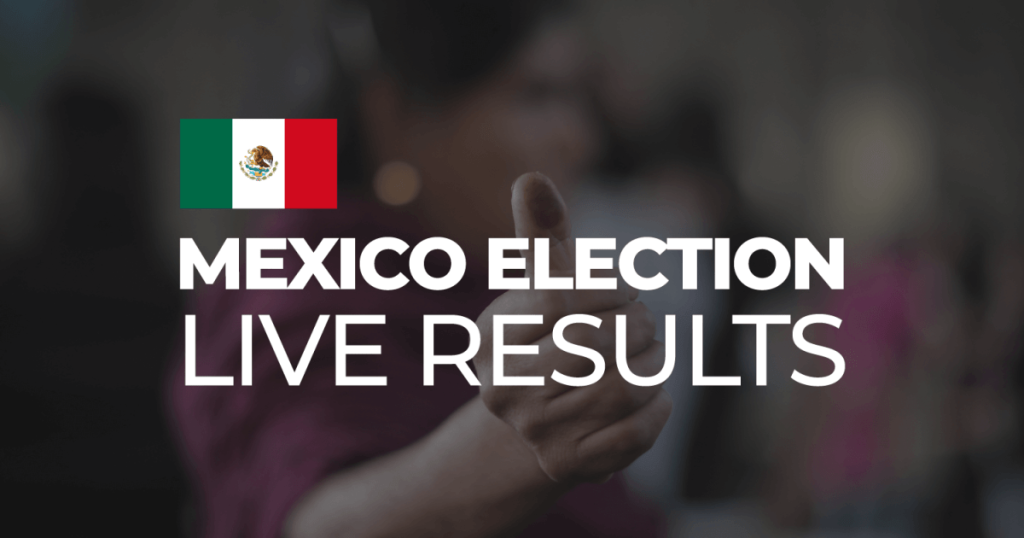Mexico’s election authorities have projected former Mexico City mayor Claudia Sheinbaum as the winner of the country’s election, making her Mexico’s first female president. Sheinbaum, a member of the ruling Morena party, ran against Xochitl Galvez, supported by a coalition of opposition parties, and Jorge Alvarez Maynez, who ran on behalf of the Citizens’ Movement. The election commission announced that Sheinbaum is expected to win 58 percent of the national vote, with Galvez coming in second. Mexico has approximately 100 million registered voters, with a 58 percent voter turnout. In addition to the presidency, voters cast their ballots for around 20,000 positions in the largest-ever election in the country.
The election included positions such as 128 Senate seats, 500 deputy seats, the governorship of Mexico City, and governorships in eight states including Chiapas, Guanajuato, Jalisco, Morelos, Puebla, Tabasco, Veracruz, and the Yucatan. The final results of the election will be determined through vote counts scheduled from June 5 to June 8, with the official results coming from all polling stations across the 300 District Councils. The quick count and Preliminary Electoral Results Program (PREP) were used to estimate the voting trends and gather and publish data from polling stations. The newly-elected president of Mexico is set to be inaugurated on October 1, 2024, which is earlier than the traditional December 1 due to a change in the electoral law in 2014.
Aside from the presidential race, the race for Congress remains crucial, with the ruling party Morena aiming to achieve a two-thirds majority in Congress to revise the constitution and eliminate oversight agencies they deem as wasteful. The opposition, united in a loose coalition, has expressed concerns that this could threaten Mexico’s democratic institutions. The outcome of the congressional race could also impact the peso and investor reactions to the election. In Mexico City, there is fierce competition between Clara Brugada of the ruling party, Santiago Taboada of the largest opposition coalition, and Salomon Chertorivski of the Citizens’ Movement. Governorships in states like Veracruz and Jalisco are also closely watched.
The results of the election are significant in shaping the future political landscape of Mexico. Morena’s potential two-thirds majority in Congress could have a significant impact on the country’s governance and decision-making processes. The opposition’s concerns about potential threats to Mexico’s democratic institutions highlight the importance of maintaining balance and checks within the political system. The outcome of the race in Mexico City and other states could also determine the direction of policymaking and governance at the local level. Overall, the election results will have far-reaching implications for Mexico’s political and economic stability in the years to come.
In the aftermath of the election, attention will be on how the new president plans to address the various challenges facing Mexico, including issues like corruption, security, and economic development. Sheinbaum’s historic win as Mexico’s first female president brings hope for increased gender equality and representation in the country’s political leadership. The incoming administration will also need to navigate complex relationships with other countries, particularly the United States, and address issues like immigration and trade. The international community will be watching closely to see how Mexico’s new leadership handles these issues and positions itself on the global stage.












